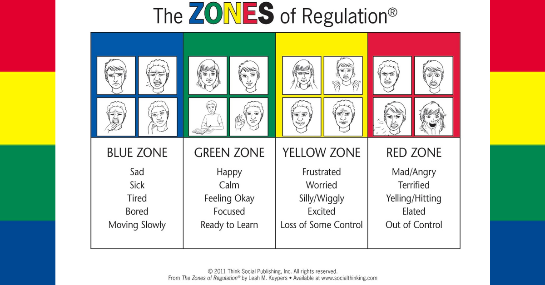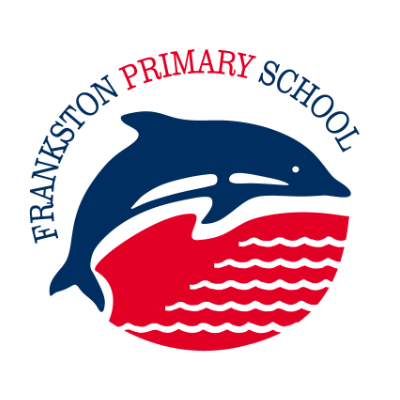Social Emotional Learning
Social Emotional Learning – philosophy guiding our practice
Social Emotional Learning is the process through which children and adults acquire and effectively apply the knowledge, attitudes and skills necessary to understand and manage emotions; set and achieve positive goals; feel and show empathy for others; establish and maintain positive relationships with others; and make responsible decisions CASEL
Social Emotional Learning at Frankston Primary School involves 5 areas of human social emotional development:
- Self-management
- Social awareness
- Self-awareness
- Responsible decision-making
- Relationship skills
The goal of Frankston Primary School’s Social Emotional Learning Framework is to empower our students in an inclusive, supportive, respectful and caring environment to:
- achieve their personal best
- develop their ability to care for others
- make responsible decisions
- establish positive relationships
- handle challenging situations
- develop core resilience skills
- take responsibility and accountability when mistakes are made.
Our aim is to build student wellbeing through creation of a positive school culture characterised by respectful relationships and restorative practices. We work together fostering a positive relational school culture through building positive relationships and seeking to repair and restore relationships.

Zones of Regulation
The Zones of Regulation is a systematic social-emotional learning approach we use to assist our students in learning about self-regulation, the different ways we feel and how to become more aware of independent approaches in controlling emotions, impulses and sensory needs. The Zones are divided into four colours and are used to categorise the complex feelings and states of alertness children may experience and to support students to recognise and communicate their emotions in a safe, non-judgmental way.

The Green Zone is used to describe a regulated state of alertness. A person may be described as calm, happy, focused, or content when in the Green Zone. This is the zone students generally need to be in to be ready to learn at school and to enable successful positive relationships.
The Yellow Zone is used to describe a heightened state of alertness; however, a person has some control when in the Yellow Zone. A student may be experiencing stress, frustration, anxiety, excitement, silliness, nervousness, confusion, and many more slightly elevated emotions and states when in the Yellow Zone (such as wiggly, squirmy, or sensory seeking). The Yellow Zone is starting to lose some control.
The Yellow Zone is used to describe a heightened state of alertness; however, a person has some control when in the Yellow Zone. A student may be experiencing stress, frustration, anxiety, excitement, silliness, nervousness, confusion, and many more slightly elevated emotions and states when in the Yellow Zone (such as wiggly, squirmy, or sensory seeking). The Yellow Zone is starting to lose some control.
It’s important to remember, there is no “bad zone”! It is natural to experience each zone at different times.
By helping our students become conscious of their emotional state, we can assist them in developing strategies that support self-management and self-regulation.
Respectful Relationships
Frankston Primary School has successfully applied for a Department of Education and Training grant to assist in the development and implementation of the Respectful Relationships initiative. This initiative will support our teachers to teach our students how to build healthy relationships, resilience and confidence. Respectful Relationships is a core component of the Victorian Curriculum, designed to support schools to promote respect and equality. The Resilience, Rights and Respectful Relationships program is assessed in the Victorian Curriculum in the areas of Personal and Social Capability and Health and Physical Education.
The topics covered each year are:
- Emotional Literacy
- Personal Strengths
- Positive Coping
- Problem Solving
- Stress Management
- Help-Seeking
- Gender and Identity
- Positive Gender Relations.
Breakfast Club
The Victorian Government partnered with Foodbank Victoria to help ensure that all kids have a healthy and nutritious start to the day. We are extremely fortunate to be part of this wonderful program here at Frankston Primary School and Foodbank Victoria deliver regular breakfast food supplies to support our School Breakfast Club.
Our Breakfast Club aims to ensure students start the day with a healthy meal, helping students to improve their concentration and make stronger social connections with friends.
Any students and parents are welcome to attend our Breakfast Club Program in the school’s Dolphin Centre.
Our Breakfast Program is coordinated by staff and relies on parent and carer volunteers to operate. We are always seeking volunteers to help run the program each week. Volunteers assist with breakfast set up, serving of food, engaging with our students and packing and cleaning up.
